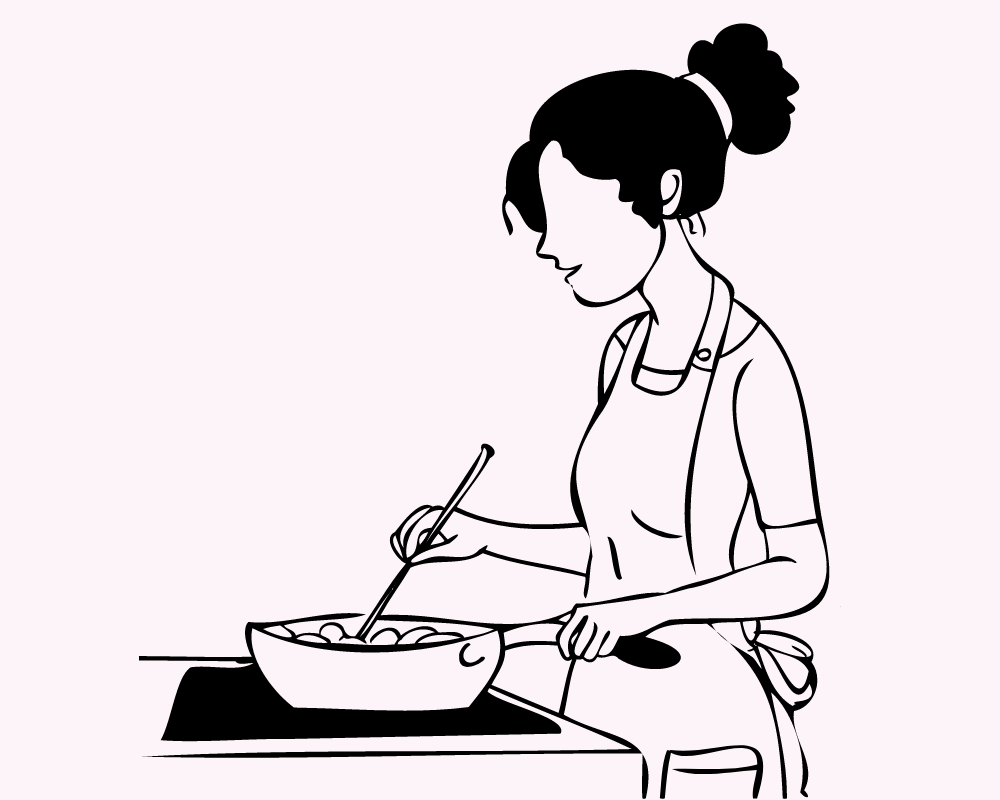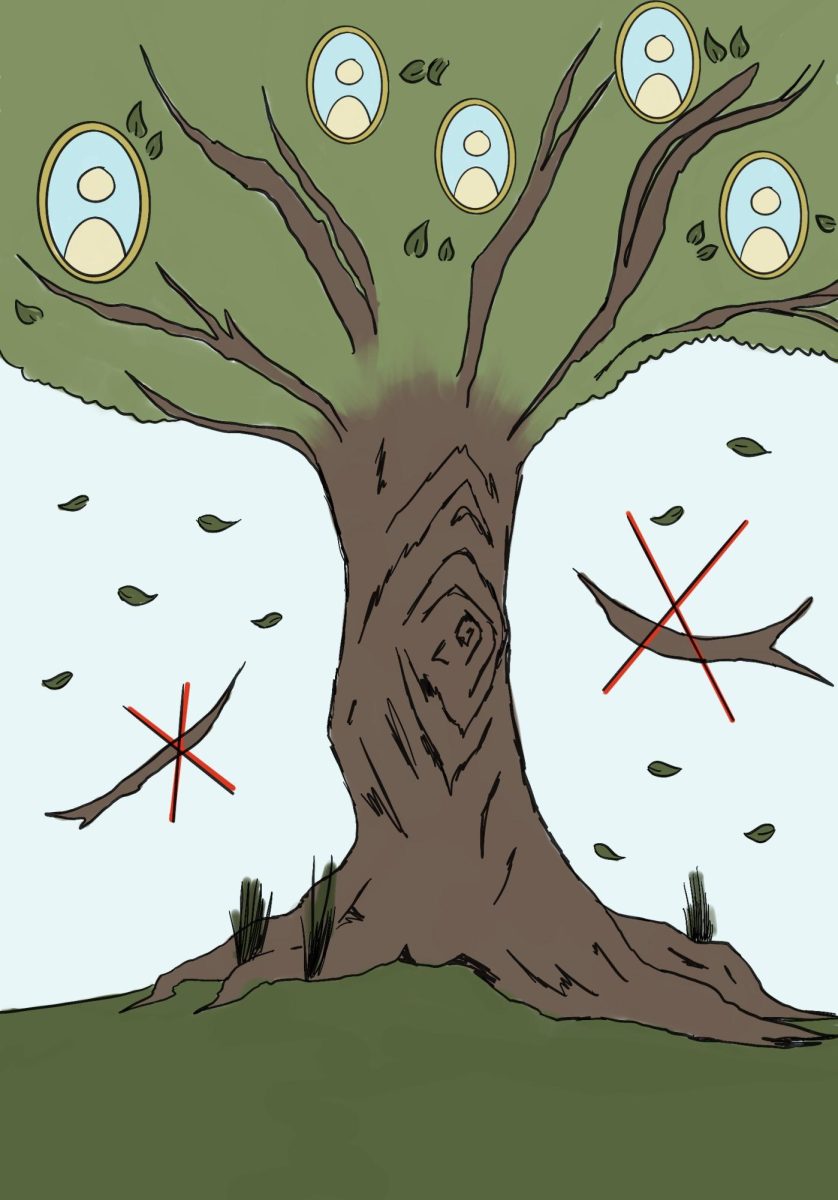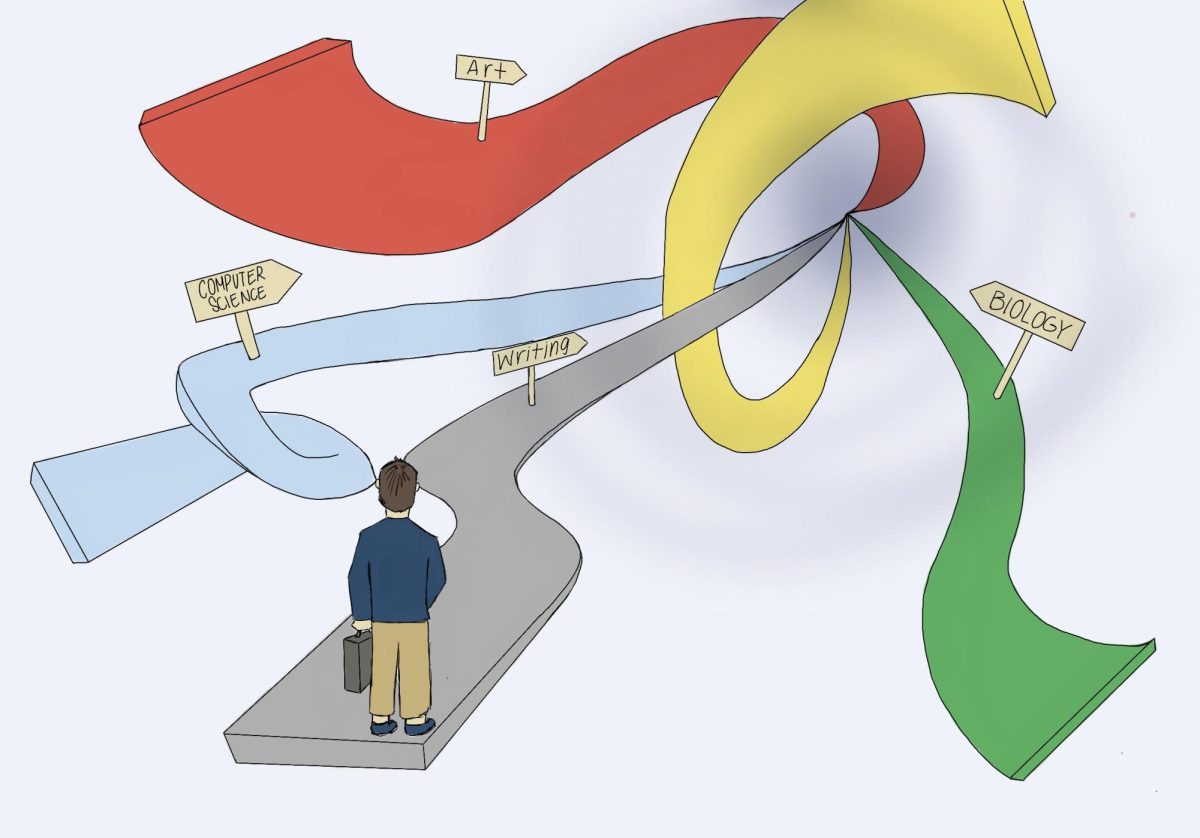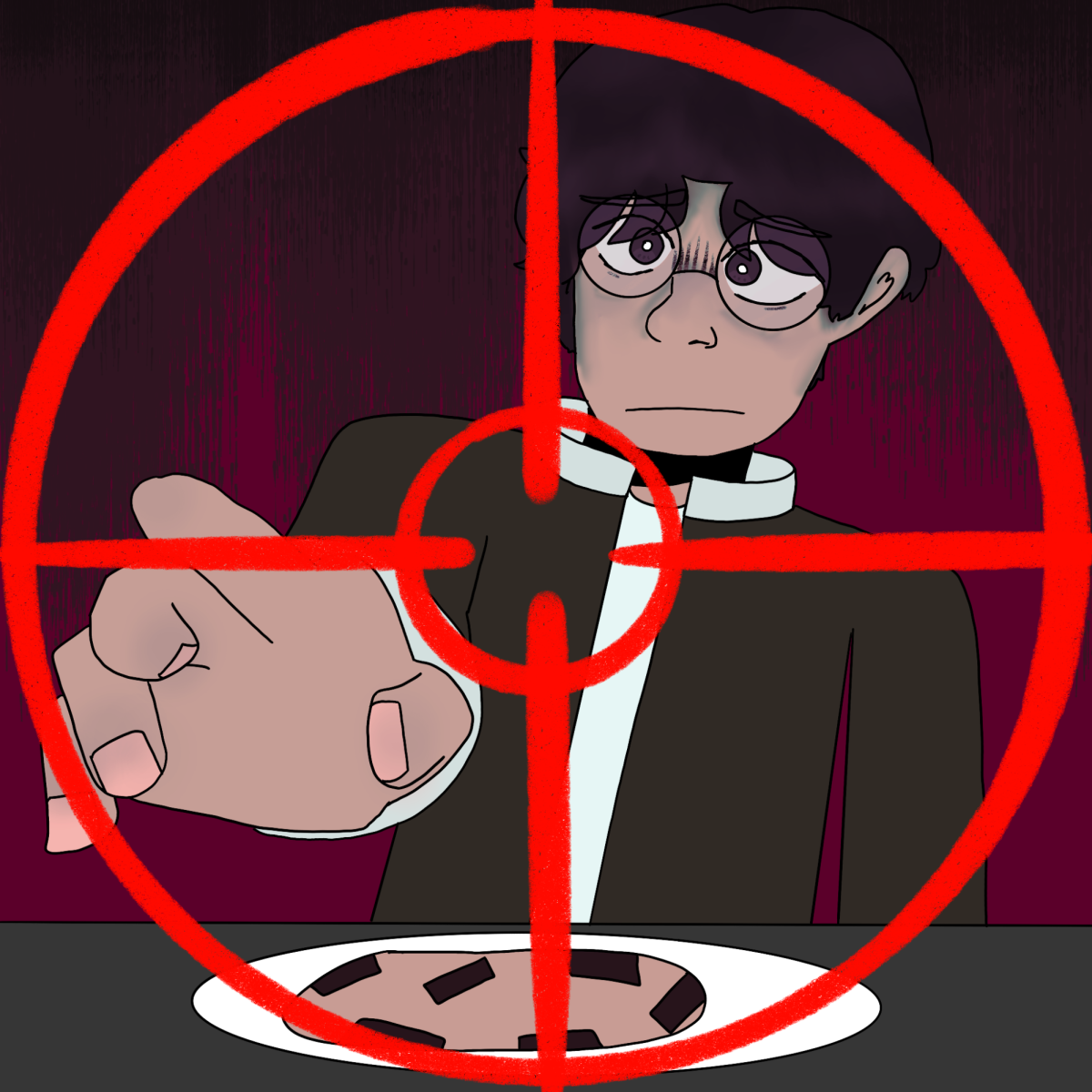After eight hours of work, a mother comes home to cry. That’s what it boils down to. It’s a sweet ritual that brings solace to wounds that ache. From an older life she wishes were forgotten, from another where she is misunderstood. After eight hours of work, a mother comes home to cook. That’s what her children and her husband expect.
The family is hungry, and she guesses that she might be too, so she begins. While her husband lounges on the couch with the luxury of being a man — a man who doesn’t cook, clean, take care of the children, take out the garbage, wash the dishes, do the laundry or understand how so lonely she is sometimes — she cuts onions. With every slice, the chemicals from the onion from Trader Joe’s (or Whole Foods or Safeway or somewhere she can’t remember because she’s hungry now) inflame the wells in her eyes, and she feels the tears swell in her sockets.
One by one, plump tears burst as they hit the growing pile of onions. It’s acceptable to cry when you cut onions, so she’s not afraid to. To her children, her husband and anyone watching, she’s crying because she’s cooking. Sometimes, a sob will escape, tears flooding the creases of her cheeks, but her husband lounging far away and her children don’t notice. And she’s glad that they don’t. After all, she must be strong for her children and her husband.
But she no longer cries because of onions. Her tears are kind. They remind her that her unspoken thoughts and emotions are tangible — as real as the chemicals from the onion from the Wherever. They remind her that they have at least the power to manifest and slit the silence around her. Just for a moment, she’s glad that her soft croaking fills the silent house, because even if they don’t know, someone might hear her plea. The moment is so sweet, so relieving that she almost grabs another onion.
But the spaghetti is burning. The spaghetti is burning and the onions haven’t been satuéed and her children and her husband are hungry. It seems odd, onions in spaghetti, but it makes her food tolerable. What her children, her husband don’t know — what no one knows — is that she hates spaghetti. And though she hates it because it doesn’t have sesame oil or soy sauce or white vinegar, most of all, she hates it because it’s not beef noodle soup. Or danzi mian or xiao long bao or XO cheung fun. She hates that she chooses spaghetti.
So she adds the onions, sautéed with the Uncle Chen White Pepper from 99 Ranch. She’s sure it was 99 Ranch. It’s nothing much, but when she tastes the slightly spicy tilt of something native, she reminds herself that she can last another day. Another day in a world that does not care to know her.
Another Tomorrow of working and cooking and crying and working and cooking and crying and — oh, she almost forgot. She was so busy doing and doing that she almost forgot that today’s the day. Today, she’s applying to be an American. Oh, does she hope that They’ll accept her.
Though she knows she’ll be revoking her membership from that older life, she doesn’t know where else to go. Far away, where her brothers and sisters lounge away with the luxury of living Known, They don’t recognize the spaghetti that she cooks. The spaghetti that doesn’t have sesame oil or soy sauce or white vinegar. So Today, she’s applying to be an American. She hopes that the slant in her English will be forgiven.
She hopes that a revoking of her heritage will be enough for a home. She hopes. That’s what it boils down to.








